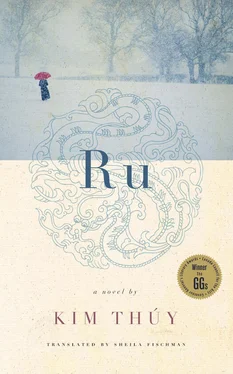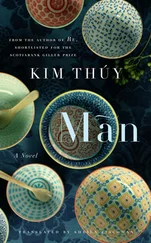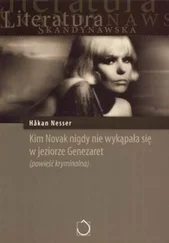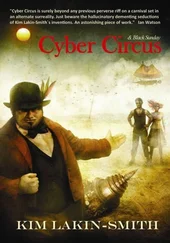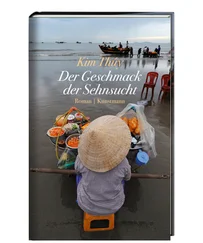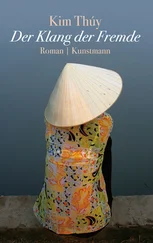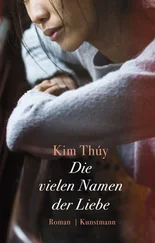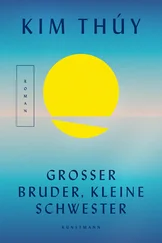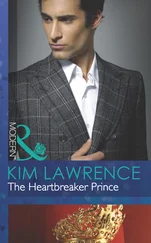My first teacher in Canada walked with us, the seven youngest in the group of Vietnamese, across the bridge that led to the present. She watched over our transplantation with all the sensitivity of a mother for her premature baby. We were hypnotized by the slow and reassuring swaying of her shapely hips, her round and generous behind. Like a mother duck, she walked ahead of us, asking us to follow her to the haven where we would be children again, simply children, surrounded by colours, drawings, trivia. I will be forever grateful to her for giving me my first desire as an immigrant: to be able to sway my bum the way she did. Not one of the Vietnamese in our group possessed such opulence, such generosity, such nonchalance in her curves. We were all angular, bony, hard. And so when she bent down to me, placing her hands on mine to tell me, “My name is Marie-France, what’s yours?” I repeated each of her syllables without blinking, without needing to understand, because I was lulled by a cloud of coolness, of lightness, of sweet perfume. I hadn’t understood a word she’d said, only the melody of her voice, but it was enough. More than enough.
When I got home, I repeated the same sequence of sounds to my parents: “My name is Marie-France, what’s yours?” They asked me if I’d changed my name. It was at that split second that my present reality caught up to me, when the deafness and muteness of the moment erased my dreams and thus the power to look ahead, to look far ahead.
My parents, though they already spoke French, could not look far ahead either, for they’d been expelled from the Introduction to French course, that is, struck off the list of people who would receive an allowance of forty dollars a week. They were overqualified for the course but underqualified for everything else. Unable to look ahead of themselves, they looked ahead of us, for us, their children.
For us, they didn’t see the blackboards they wiped clean, the school toilets they scrubbed, the imperial rolls they delivered. They saw only what lay ahead. And so to make progress my brothers and I followed where their eyes led us. I met parents whose gaze had been extinguished, some beneath the weight of a pirate’s body, others during the all too many years of Communist re-education camps — not the war camps during the war, but the peacetime camps after the war.
As a child, I thought that war and peace were opposites. Yet I lived in peace when Vietnam was in flames and I didn’t experience war until Vietnam had laid down its weapons. I believe that war and peace are actually friends, who mock us. They treat us like enemies when it suits them, with no concern for the definition or the role we give them. Perhaps, then, we shouldn’t take too much stock in the appearance of one or the other to decide our views. I was lucky enough to have parents who were able to hold their gaze steady, no matter the mood of the moment. My mother often recited the proverb that was written on the blackboard of her eighth-grade class in Saigon: Ðời là chiến trận, nếu buồn là thua. Life is a struggle in which sorrow leads to defeat .
My mother waged her first battles later, without sorrow. She went to work for the first time at the age of thirty-four, first as a cleaning lady, then at jobs in plants, factories, restaurants. Before, in the life that she had lost, she was the eldest daughter of her prefect father. All she did was settle arguments between the French-food chef and the Vietnamese-food chef in the family courtyard. Or she assumed the role of judge in the secret love affairs between maids and menservants. Otherwise, she spent her afternoons doing her hair, applying her makeup, getting dressed to accompany my father to social events. Thanks to the extravagant life she lived, she could dream all the dreams she wanted, especially those she dreamed for us. She was preparing my brothers and me to become musicians, scientists, politicians, athletes, artists and polyglots, all at the same time.
However, far from us, blood still flowed and bombs still fell, so she taught us to get down on our knees like the servants. Every day, she made me wash four tiles on the floor and clean twenty sprouted beans by removing their roots one by one. She was preparing us for the collapse. She was right to do so, because very soon we no longer had a floor beneath our feet.
During our first nights as refugees in Malaysia, we slept right on the red earth, without a floor. The Red Cross had built refugee camps in the countries adjoining Vietnam to receive the boat people — those who had survived the sea journey. The others, those who’d gone down during the crossing, had no names. They died anonymously. We were among those who had been lucky enough to wash up on dry land. We felt blessed to be among the two thousand refugees in a camp that was intended to hold two hundred.
We built a cabin on piles in an out-of-the-way part of the camp, on the side of a hill. For weeks, twenty-five members of five families working together, in secret, felled some trees in the nearby woods, then planted them in the soft clay soil, attached them to six plywood panels to make a large floor, and covered the frame with a canvas of electric blue, plastic blue, toy blue. We had the good fortune to find enough burlap and nylon rice bags to surround the four sides of our cabin, as well as the three sides of our shared bathroom. Together, the two structures resembled a museum installation by a contemporary artist. At night, we slept pressed so close together that we were never cold, even without a blanket. During the day, the heat absorbed by the blue plastic made the air in our cabin suffocating. On rainy days and nights, the water came in through holes pierced by the leaves, twigs and stems that we’d added to cool it down.
If a choreographer had been underneath the plastic sheet on a rainy day or night, he would certainly have reproduced the scene: twenty-five people, short and tall, on their feet, each holding a tin can to collect the water that dripped off the roof, sometimes in torrents, sometimes drop by drop. If a musician had been there, he would have heard the orchestration of all that water striking the sides of the tins. If a filmmaker had been there, he would have captured the beauty of the silent and spontaneous complicity between wretched people. But there was only us, standing on a floor that was slowly sinking into the clay. After three months it tilted so severely to one side that we all had to find new positions so sleeping women and children wouldn’t slip onto the plump bellies of their neighbours.
In spite of all those nights when our dreams spilled onto the sloping floor, my mother still had high hopes for our future. She’d found an accomplice. He was young and certainly naive because he dared to flaunt joy and light-heartedness in the midst of our dull and empty daily lives. Together, he and my mother started an English class. We spent whole mornings with him, repeating words we didn’t understand. But we all showed up because he was able to raise the sky and give us a glimpse of a new horizon, far from the gaping holes filled with the excrement of the camp’s two thousand people. Without his face, we could never have imagined a horizon without flies, worms and nauseating smells. Without his face, we couldn’t have imagined that someday we would no longer eat rotting fish flung down late every afternoon when rations were handed out. Without his face, we would certainly have lost the desire to reach out our hands and catch our dreams.
Unfortunately, from all the mornings with this impromptu English teacher, I remembered only one sentence: My boat number is KG0338 . It turned out to be totally useless because I never had a chance to say it, not even during the medical examination by the Canadian delegation. The doctor on call didn’t speak a word to me. He tugged the elastic of my pants to confirm my sex instead of asking, Boy or girl ? I also knew those two words. The appearance of a ten-year-old boy and a ten-year-old girl must have been much the same, because of our scrawniness. And time was short: there were so many of us on the other side of the door. It was terribly hot in the small examining room with its windows open onto a noisy alley where hundreds of water buckets collided at the pump. We were covered with scabies and lice and we all looked lost, beyond our depth.
Читать дальше
